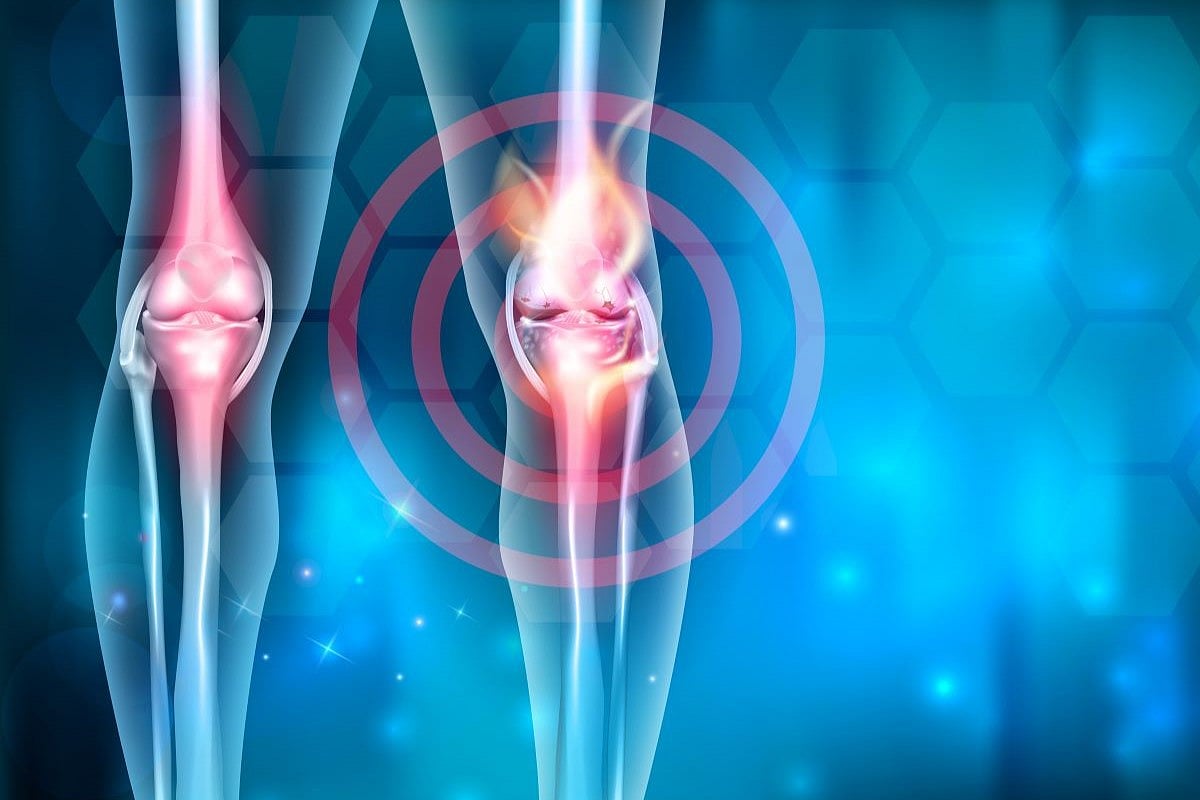Significantly higher responder rate seen at four months with 3 Gy/six fractions versus sham irradiation
By Elana Gotkine HealthDay Reporter
FRIDAY, Oct. 3, 2025 (HealthDay News) — For patients with mild-to-moderate knee osteoarthritis (OA), a single course of low-dose radiation therapy leads to a significant improvement in clinical outcomes, according to a study presented at the annual meeting of the American Society for Radiation Oncology, held from Sept. 27 to Oct. 1 in San Francisco.
Byoung Hyuck Kim, M.D., Ph.D., from the Seoul National University College of Medicine in South Korea, and colleagues conducted a randomized sham-controlled trial involving 114 patients with mild-to-moderate knee knee OA (classified as Kellgren-Lawrence grade 2 to 3 and a baseline walking pain score of 50 to 90 out of 100) who were allocated to receive sham irradiation, total 0.3 Gy/six fractions, or total 3 Gy/six fractions. Apart from a rescue drug, use of concomitant analgesics was restricted during the first four months. The primary end point was the Outcome Measures in Rheumatology-Osteoarthritis Research Society International response rate at four months.
The treatment was completed by all participants, with perfect adherence. The researchers found that the responder rate at four months was significantly higher in the 3-Gy group than the sham group in the full analysis set (70.3 versus 41.7 percent), while no significant difference was seen for the 0.3-Gy group versus the sham group (58.3 percent). In the per-protocol set, similar results were observed. The 3-Gy group more often had clinically meaningful improvement in Western Ontario and McMaster Universities Osteoarthritis Index total scores at four months compared with the sham group (56.8 versus 30.6 percent). For other secondary outcomes, no significant differences were seen in the mean changes from baseline. There were no reports of treatment-related toxicity.
“There’s a clinical need for moderate interventions between weak pain medications and aggressive surgery, and we think radiation may be a suitable option for those patients, especially when drugs and injections are poorly tolerated,” Kim said in a statement.
Copyright © 2025 HealthDay. All rights reserved.








